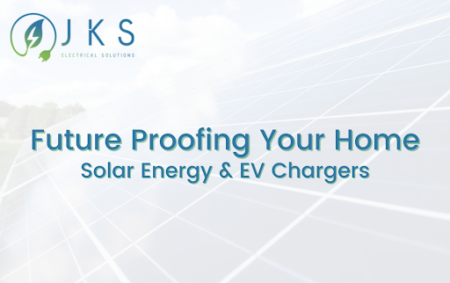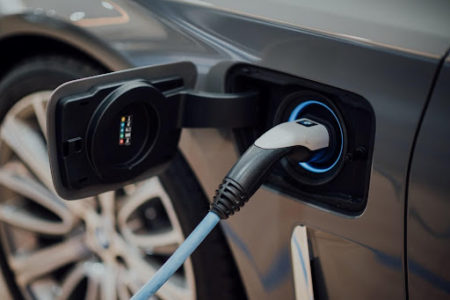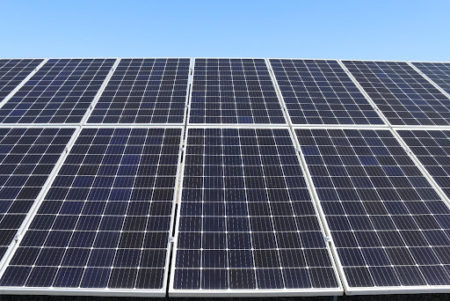4 October 2021
By Roger Jones
roger@TheCork.ie
Did you know that there are almost 35’000 Electric Vehicles currently registered in Ireland? With a target to reach 1 million EV on our roads by 2030 set by the Irish Government, they’re going to become a far more common sight on our roads. With moves being made to make the installation of EV Chargers compulsory in every new home built from 2023, is it time you future-proofed your home?
EV Chargers – What are they?
Are all electric car chargers the same? Simply put, no. When considering chargers for your home you’re usually presented with two main options, untethered and tethered. An untethered EV charger is essentially just a socket. Most EVs come with their own charging cable, you can simply plug the cable into your untethered socket and charge the vehicle. Alternatively, there are also tethered options. These have a cable connected at all times and are usually a small bit more expensive. Charging your EV at home is by far the most cost-effective and convenient method, an overnight charge can cost as little as €3 and via Government SEAI grants you can receive €600 towards EV Charger installation.
Different Charging Modes
The different type of connection used when charging directly affects the speed at which your EV will charge. You might have heard of the Tesla ‘Supercharger’, the American manufacturers proprietary charging system. However, usually, there are four different “modes” of charging.
Mode 1
The most basic method of charging – Basically, you use a regular, grounded outlet to charge up the vehicle but it will be lacking a dedicated circuit. This is an easy way to charge your EV but it effectively limits your charging speeds as the power maxes out at 2.3kw – This means it’ll take around 10-30 hours for the vehicle to fully charge, depending on battery capacity.
Mode 2
This is the mode most suited to slow, at home charging. This mode also circumvents power cuts by operating on it’s own circuit breaker, making it a far safer and faster option.
Mode 3
The optimal home charging option. These models come with a Wallbox, an electric unit that effectively manages all the elements of the charging. Mode three also comes complete with a dedicated electrical circuit which can deliver twice the power of your regular, domestic socket. You’ll need a professional installer to setup this unit in your home, get in touch with a member of certified & insured Electrician Cork team for more information.
Mode 4
It’s very unlikely you’ll have a Mode 4 charger at home as these are usually found in public places and used for rapid charging. It delivers a highly powered, direct current and can have the vehicles charged fully in an extremely short space of time. Rapid chargers like this are usually costly to install and the overall cost of charging tends to be quite expensive.
Electric Car Charging – The Costs
Realistically, most people can expect to pay about €0.16 (In terms of kilowatt hours.) if charging their EVs during daylight hours, however, this can drop as low as €0.08 in the evening or off peak times, depending on your energy tariff and supplier. Most EVs consume roughly 15 kilowatts for every 100 kilometres on the road, this clocks in at an average cost of €1.80. For most drivers, our trips are local, travelling no more than 20 kilometres at a time which means you’ll only need to charge an EV around twice a week, meaning your weekly charging costs should rarely exceed €5.
Public charging stations can actually be quite costly, meaning that a home EV charger is a must going forward. “Fast” charging stations are priced at around €0.33 per kWh, however there are some monthly subscriptions you can pay that will drop this fee to about €0.29. Compared to the home EV Charging costs, it’s a no brainer.
Solar Panels
If you decide to install an EV Charger in your home, the next logical step is to partner it up with a solar panel system, or vice versa. As we head into the winter months many people may ask “Are Solar Panels worth it in Ireland?” and the short answer is yes.
Despite the grey skies and damp days, Ireland on average receives about 260 days of sunshine per year. It’s estimated that Irish homes on average can generate up to 70% of their daily electricity needs via a solar panel system, even during periods with more “changeable” weather. The exact amount of energy generated by a solar panel depends on a number of factors, the major one being the direction they face. Solar panels Cork are far more effective if they are facing south, from here they are exposed to the sun for longer and inevitably will generate more electricity, panels that are facing directly to the east or west will usually produce about 20% less than their southerly facing counterparts.
On average, a family will save around €400 per year on their electricity bills by implementing solar panels. If you’re thinking of installing solar panels, be aware that you’re also entitled to a €2,100 grant from SEAI for the cost of the panel installation, which usually clocks in around €5,400
Solar Panel Maintenance
There is actually very little maintenance involved when it comes to solar panels, however when they become dirty you can actually lose about 5% of your total output, this is generally due to dust or even bird droppings preventing the solar cells from absorbing energy at their usual, optimum levels. Panels are usually positioned at an angle when they are placed on a roof, for obvious reasons, but you may have noticed that even when they are placed on the ground they are also angled, this is so grime and dirt that accumulates should – in theory – slide off in time. However, in certain situations, manual intervention may be required! Panels should be cleaned at the very least once a year, the rain can only do so much of the work for you. This also depends on where your home is based, as those in the countryside will not have to clean their panels as much as someone who lives in a city centre, as they will have to contend with more airborne pollution and general dust. Check out how to clean solar panels on your roof.
JK Services is a family run business with over 35 years of experience, serving clients all across Cork. If you need a reliable, trustworthy electrical contractor in Cork get in touch today. Specialising in Solar Panels, EV Chargers, PAT Testing and everything else in between, JKS have you covered.




